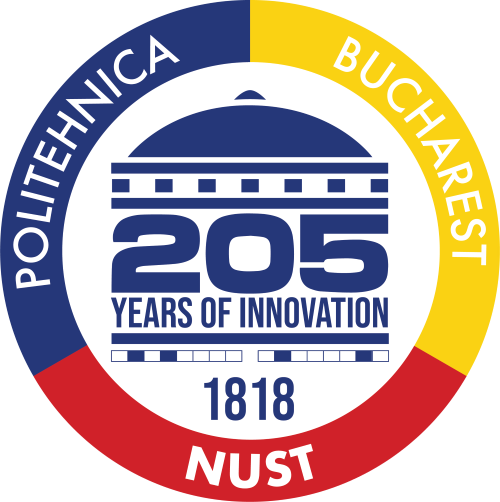Spontaneous Speech Recognition for Romanian
Spontaneous Speech Recognition for the Romanian Language
in Human-Computer Dialogue Systems
Project manager: Prof. Corneliu Burileanu
This project was implemented between 2007 and 2010 and was funded by the Romanian Government through the National Research Authority (CNCSIS “IDEI” programme), owner University Politehnica of Bucharest, ID 930.
One of the key issues in the implementation of applications involving unconstrained spoken language interaction between human and computer consists in the difficulty in adequately interpreting the intentions assumed by the human user. The user voice command interpretation process consists in several stages: speech recognition (stemming to textual transcription of users- utterances), linguistic analysis of this text (resulting in grammatical information attached to the text – parts of speech, syntactic relationships), semantic-pragmatic interpretation of the users- utterance (resulting in a logical representation of the utterance meaning, along with contextual markers – nature and roles of the speakers, dialogue history, etc.). Among these processing stages, the recognition of unconstrained continuous speech came from the user is considered, in most of the existing spoken dialogue systems, as independent of the other processing steps; this leads to a reduced reliability of this component, regarding environmental and contextual variations (i.e. noise, speakers, speaking register). This often entails the erroneous interpretation of the users’ commands or intentions in interacting with the machine. This is why interdependence between speech recognition and semantic-pragmatic analysis begins to be considered, in order to allow dialogue context to react in respect to the recognition output. Thus, this project aimed at designing and implementing of a spontaneous speech recognition engine in Romanian language, suited for human-computer dialogue applications, in that semantic and contextual information is used in speech recognition.


